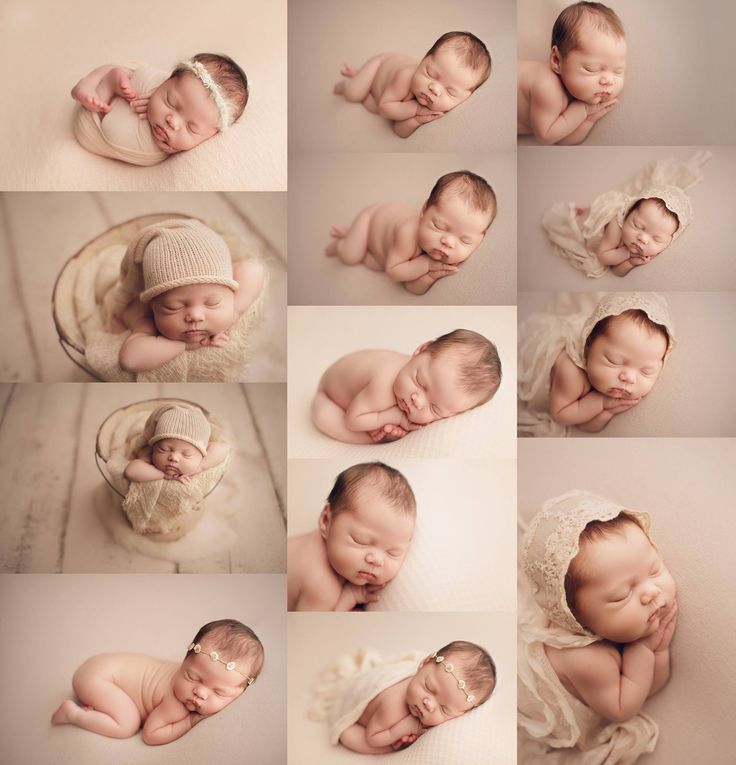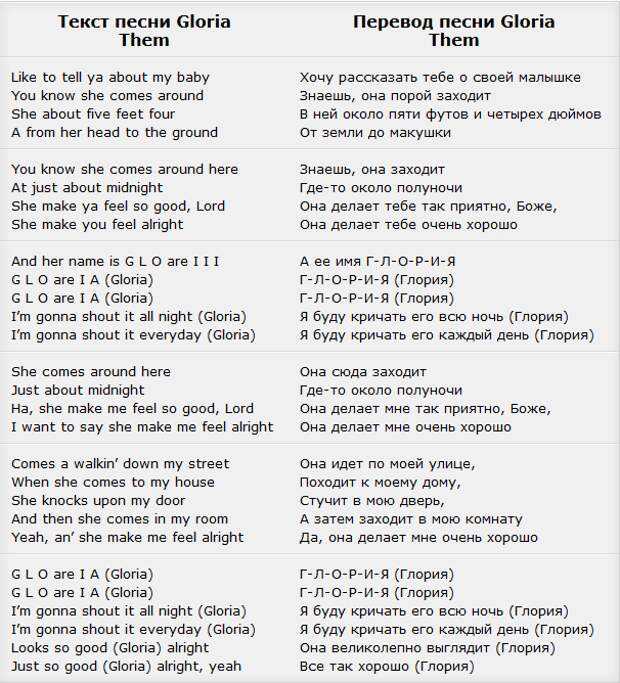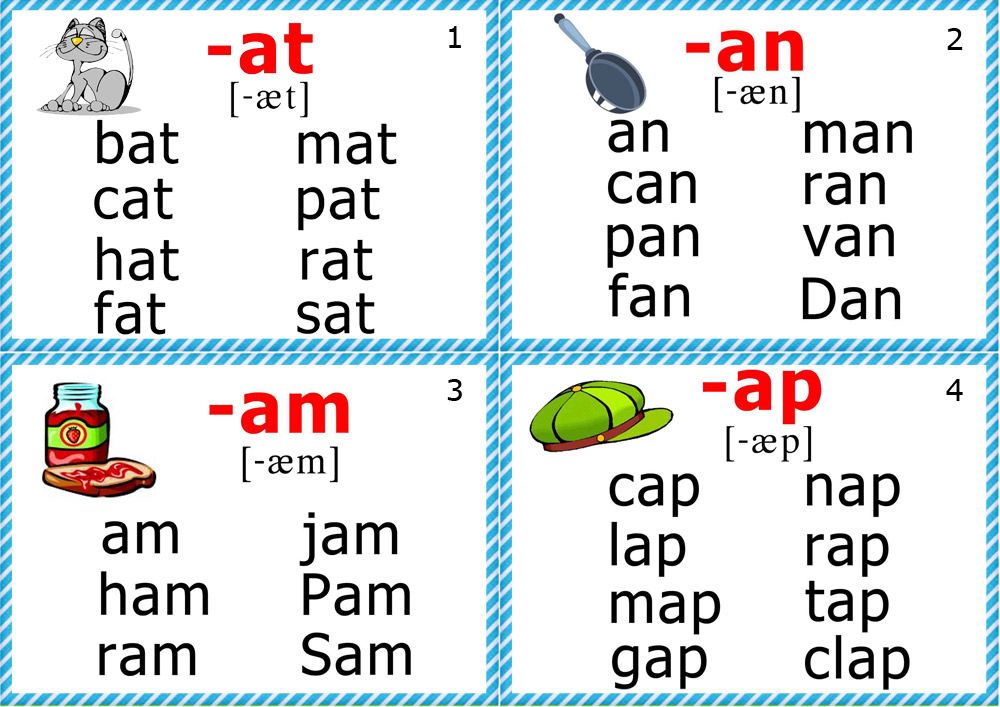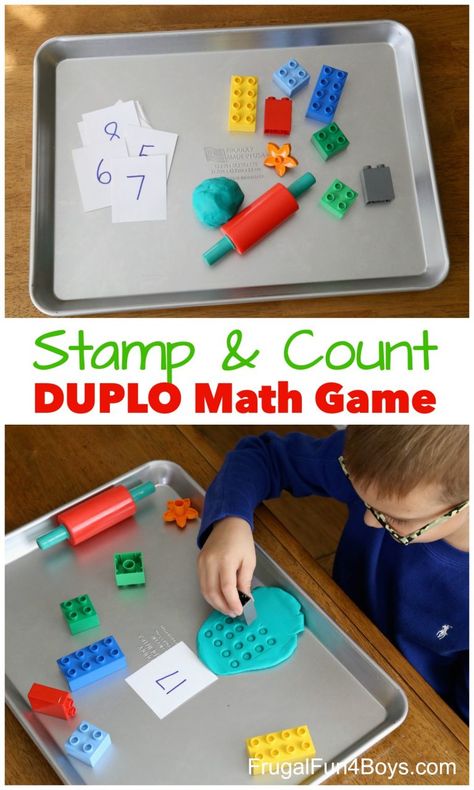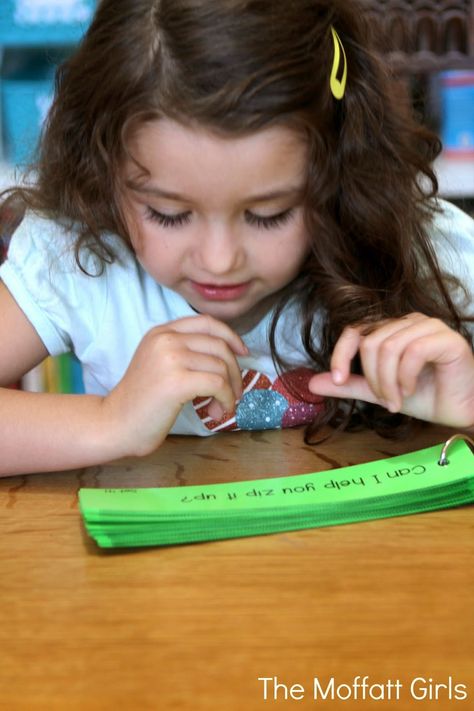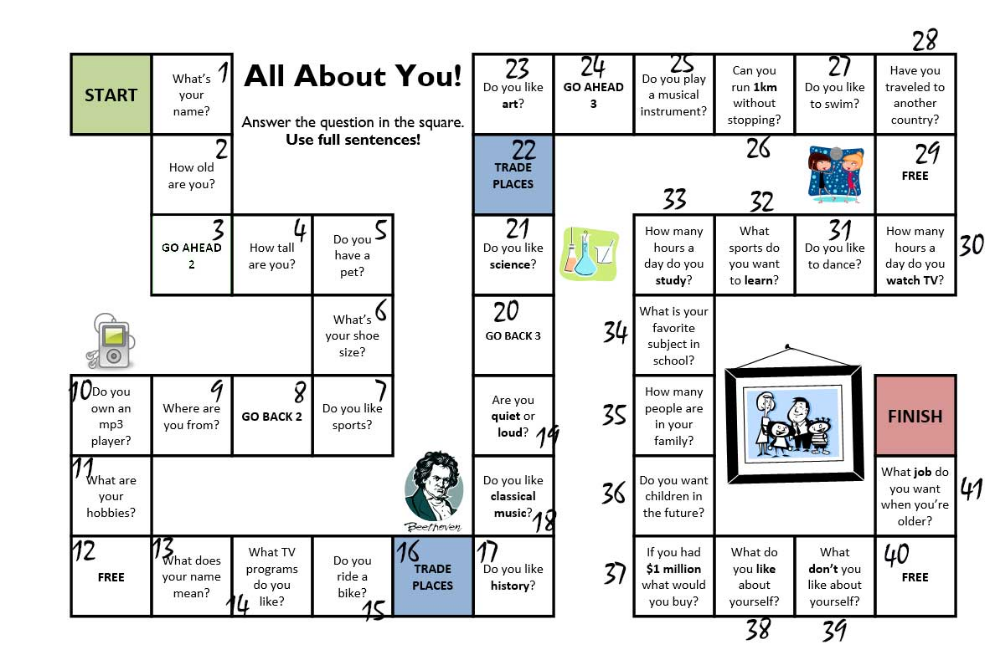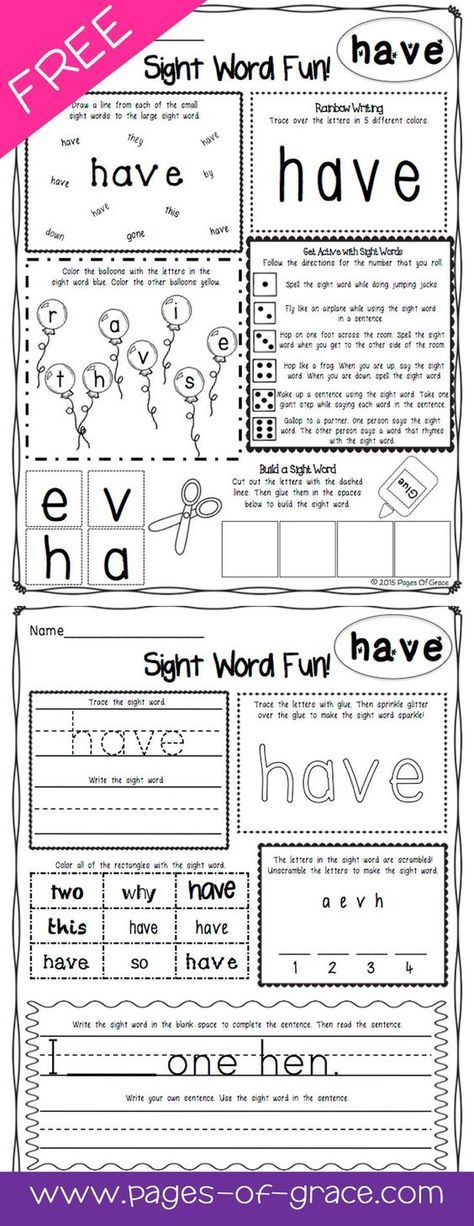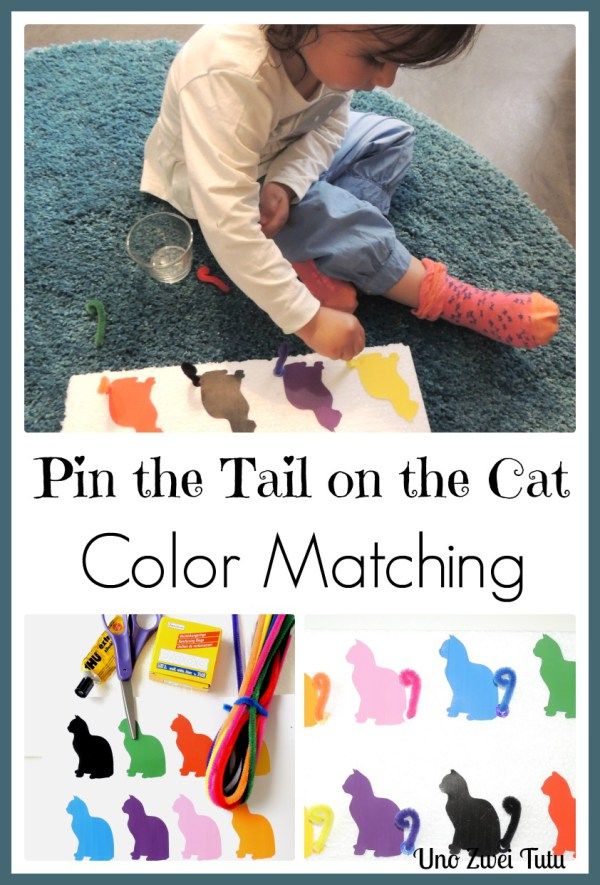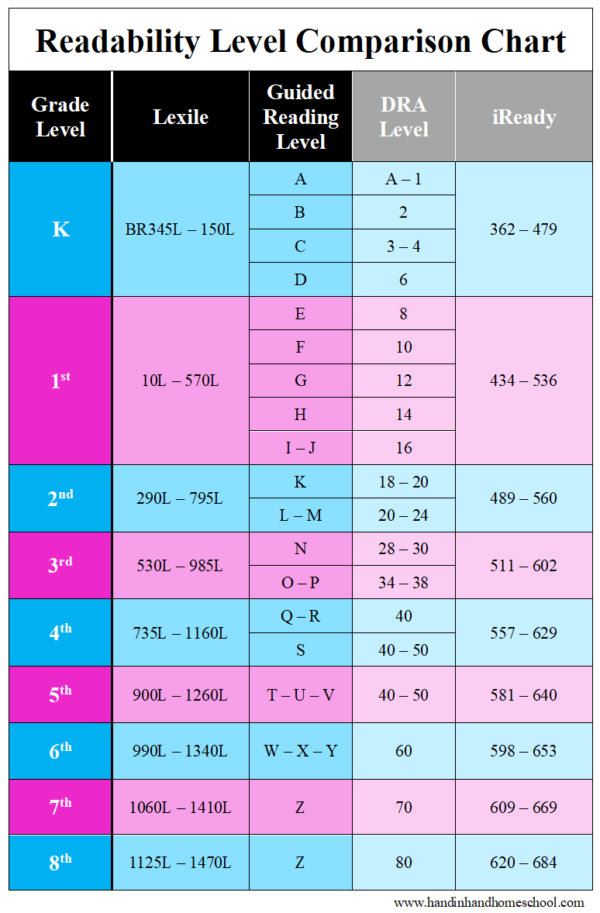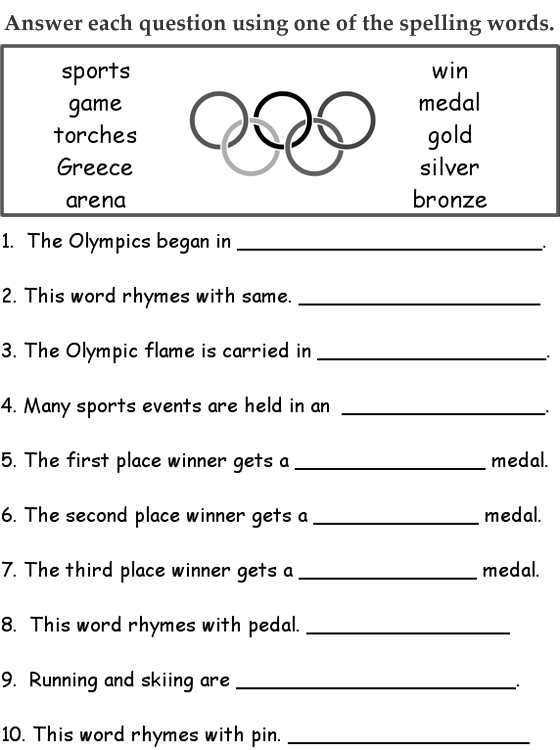Newborn story book
Age 0-3 | Bedtime Stories
Skip to content
Read the best free bedtime stories for babies, baby books, fairy tales, stories for toddlers and toddler books online!
5 Min Stories Age 0-3 Age 4-6 All Animals Bedtime Christmas Stories Meditations Mindfulness Picture Books Picture Books Seasons Sleep and Bedtime Stories Winter and Snow
A guided meditation for children about being warm and cosy, while the world is cold outside. A tranquil bedtime story to initiate sweet dreams...
5 Min Stories Age 0-3 All Animals Baby Books Birthdays Friends Picture Books Picture Books Rhyming Stories
Koah Koala is having his first birthday! He's about to discover how fun it is to be One!
5 Min Stories Age 0-3 Age 4-6 All All Poems for Kids Animals Baby Books Early Readers Early Readers Friends Love Picture Books Poems for Kids Rhyming Poems Rhyming Stories
Ollie the Octopus is best friends with Sukey the Spider. Read all about their sixteen-legged rhyming adventures!
5 Min Stories Age 0-3 Age 4-6 All Baby Books Family Feelings and Emotions Growth Mindset Love Mindfulness Picture Books Picture Books
A story about the beauty and love your special light can bring to others, and how it spreads from one person to everyone!
5 Min Stories Age 0-3 Age 4-6 All Baby Books Picture Books Picture Books
Ted is a big boy and wears big boy undies! But something goes wrong when the washing happens!
5 Min Stories Age 0-3 Age 4-6 All Animals Baby Books Early Readers Early Readers Mothers Picture Books Picture Books
Leah is trying to think of the best present in the world for her mother.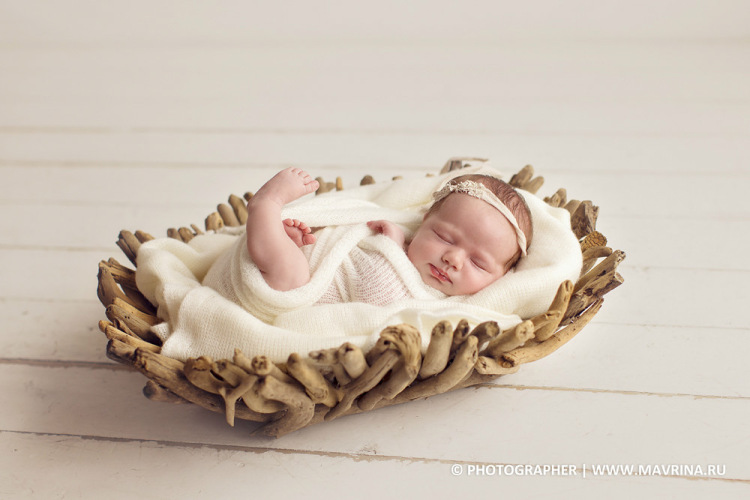 Her whole family is here to help her think of the perfect gift!
Her whole family is here to help her think of the perfect gift!
5 Min Stories Age 0-3 All Baby Books Early Readers Early Readers Mothers Picture Books
Some mummies help us, and some mummies love us. What does your mummy do?
5 Min Stories Age 0-3 All Animals Baby Books Early Readers Early Readers Easter Friends Picnics Picture Books Picture Books
Baby Bunny has an Easter Picnic with all her baby animal friends. There's lots of chocolate!
5 Min Stories Age 0-3 Age 4-6 All Animals Baby Books Friends Helping Insects Picture Books Picture Books
Kynan the caterpillar LOVES shoes.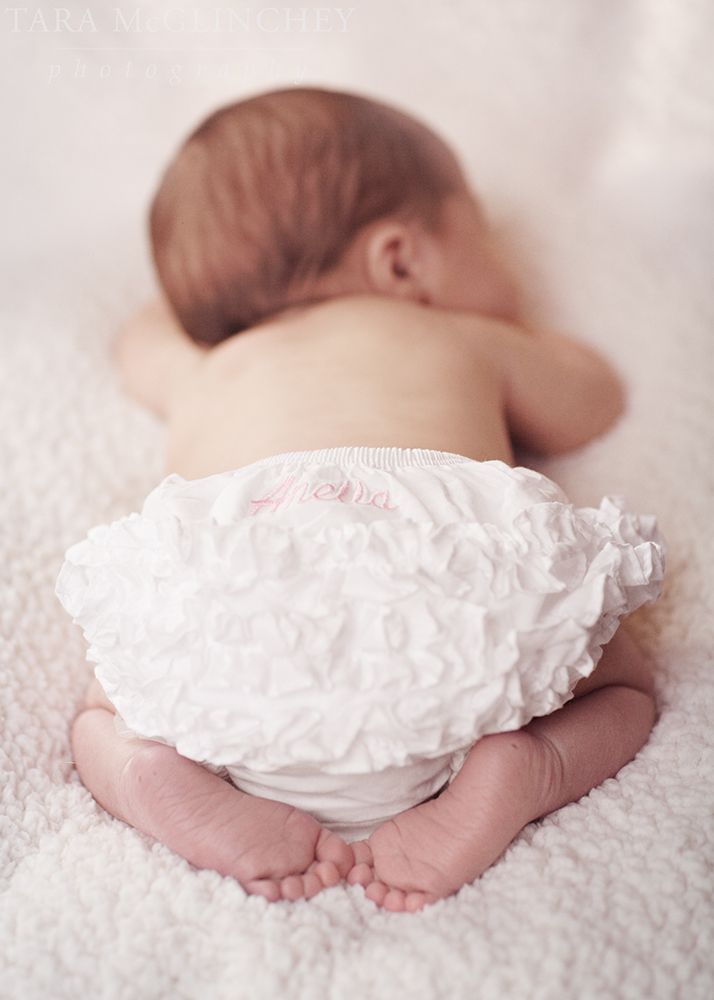 .. but he can't possibly put them all on by himself!
.. but he can't possibly put them all on by himself!
5 Min Stories ABCs Age 0-3 All Alphabet Animals Picture Books
Learn your ABCs with this fun and simple alphabet book!
5 Min Stories ABCs Age 0-3 All Alphabet Animals Early Readers Environment Picture Books Picture Books
A nature alphabet ABCD book for tomorrow's little learners.
Baby Books | Bedtime Stories
Skip to content
Short Baby Books
5 Min Stories Age 0-3 All Animals Baby Books Birthdays Friends Picture Books Picture Books Rhyming Stories
Koah Koala is having his first birthday! He's about to discover how fun it is to be One!
5 Min Stories Age 0-3 Age 4-6 All All Poems for Kids Animals Baby Books Early Readers Early Readers Friends Love Picture Books Poems for Kids Rhyming Poems Rhyming Stories
Ollie the Octopus is best friends with Sukey the Spider. Read all about their sixteen-legged rhyming adventures!
Read all about their sixteen-legged rhyming adventures!
5 Min Stories Age 0-3 Age 4-6 All Baby Books Family Feelings and Emotions Growth Mindset Love Mindfulness Picture Books Picture Books
A story about the beauty and love your special light can bring to others, and how it spreads from one person to everyone!
5 Min Stories Age 0-3 Age 4-6 All Baby Books Picture Books Picture Books
Ted is a big boy and wears big boy undies! But something goes wrong when the washing happens!
5 Min Stories Age 0-3 Age 4-6 All Animals Baby Books Early Readers Early Readers Mothers Picture Books Picture Books
Leah is trying to think of the best present in the world for her mother. Her whole family is here to help her think of the perfect gift!
Her whole family is here to help her think of the perfect gift!
5 Min Stories Age 0-3 All Baby Books Early Readers Early Readers Mothers Picture Books
Some mummies help us, and some mummies love us. What does your mummy do?
5 Min Stories Age 0-3 All Animals Baby Books Early Readers Early Readers Easter Friends Picnics Picture Books Picture Books
Baby Bunny has an Easter Picnic with all her baby animal friends. There's lots of chocolate!
5 Min Stories Age 0-3 Age 4-6 All Animals Baby Books Friends Helping Insects Picture Books Picture Books
Kynan the caterpillar LOVES shoes. .. but he can't possibly put them all on by himself!
.. but he can't possibly put them all on by himself!
5 Min Stories Age 0-3 All Baby Books Early Readers Early Readers Feelings and Emotions Picture Books Trucks
Oh no, there's a fire! But Billy the fire-truck doesn't want to get dirty!
5 Min Stories Age 0-3 All Animals Baby Books Early Readers Food Friends Gardens Helping Picture Books Picture Books
Jimmy the Cat wants to make a garden with his friends. What should he plant?
Top 15 Handbooks for Young Parents – News – IQ Research and Education Portal – National Research University Higher School of Economics
RESEARCH AUTHORS:
Zhanna Chernova , Professor of the Department of Sociology at the National Research University Higher School of Economics in St.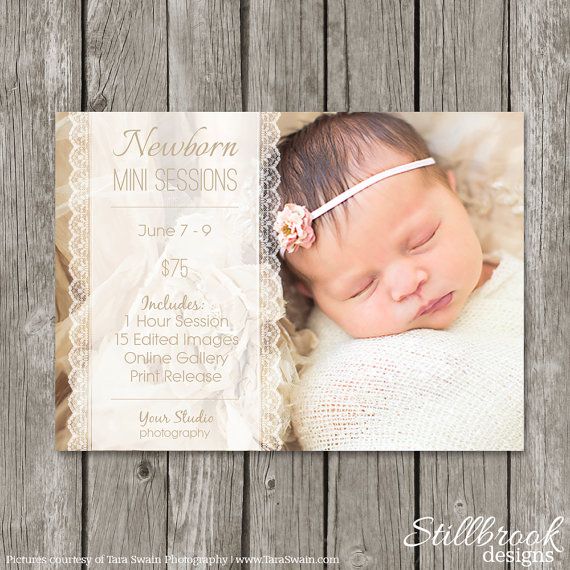 Petersburg.
Petersburg.
Larisa Shpakovskaya , Associate Professor, Department of Sociology, National Research University Higher School of Economics in St. Petersburg.
Books about early childhood assign different roles to parents. In some manuals, young mothers and fathers are just "students" who must follow the recommendations of "teachers" - experts. In other books, the "monopoly" on knowledge about the child is divided equally between parents and childhood specialists. The third type of books absolutizes parents and does not favor experts. At the same time, all books contain useful advice and serve as a good guide for young families.
Zhanna Chernova and Larisa Shpakovskaya studied which books about early childhood (up to three years*) are the most popular and how parental competence is understood in them. The results of the study are published in the article “Professionalization of Parenthood: Between Expert and Common Knowledge” (Journal of Social Policy Research, No.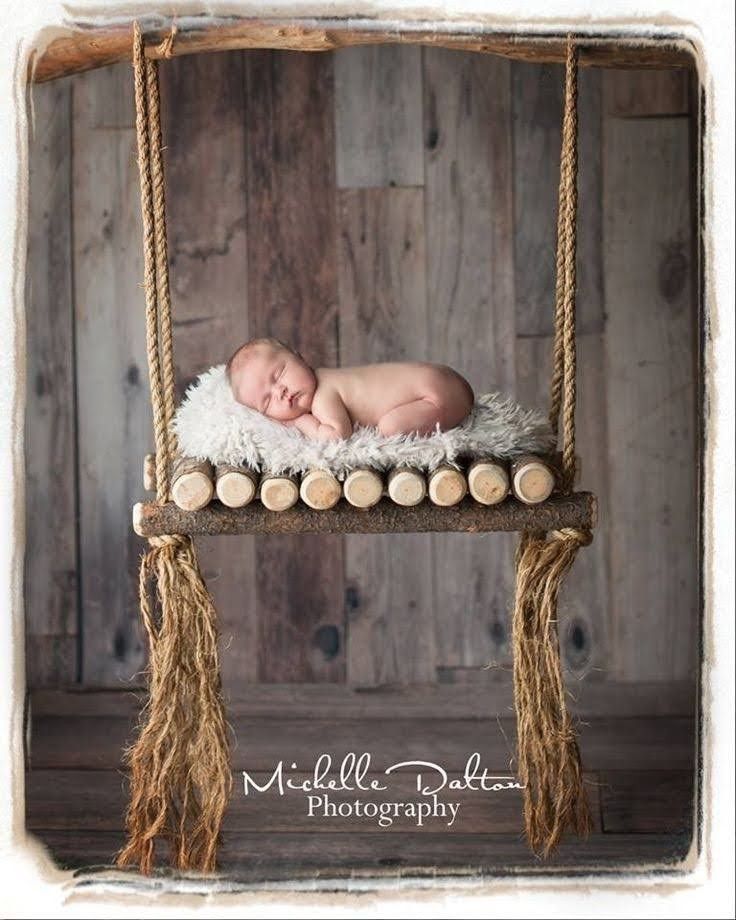 4, 2016).
4, 2016).
Parents become professionals
In modern society, parenthood is perceived almost like a profession. As in any business, it has its own special set of competencies, the process of learning them, and even control by specialists. This "professionalization" is influenced both by the social institutions associated with childhood and by the families themselves.
- Parents are persistently "educated" by all concerned: the state, pediatricians, psychologists, teachers, mass media and manufacturers of children's goods. Requirements for families are growing, new standards of parental care are being formed.
The old "formula" of maternal care - "clean, fed, shod, dressed" - has long been supplemented with new components. Among them are the "early intellectual development" of the child, his "psycho-emotional comfort" and "creative development". All this requires a lot of effort and time from parents, but it pays off with interest.
- Young families themselves also want to know more about the right way to raise their children (see Parents actively educate themselves, Parenting becomes a profession). This is evidenced by their activity in Internet forums on childhood, the fashion for a variety of "schools for moms and dads", joint activities with children (kids clubs, for example) and a high demand for children's goods / services.
Childhood forums and blogs are especially revealing: they reflect everything that parents have learned on the topic. Articles, oral advice from experts, videos, and books about childhood are discussed.
The authors of the study studied websites and forums for parents (littleone.ru, eva.ru, chado.spb.ru, babyforum.ru and many others) and determined which books are most often mentioned and recommended by their registered members. Other sources of data on the most read literature were conversations with parents (urban educated middle class, 100 interviews in 2010-2014) and a survey of St. Petersburg bookstore salespeople.
Petersburg bookstore salespeople.
Landmarks for neophytes
In the course of their research, Zhanna Chernova and Larisa Shpakovskaya identified fifteen books on childhood that were bought most often**. Some have already become classics for new parents. So, modern moms and dads still read the bestseller of the famous American pediatrician Benjamin Spock "The Child and Care for Him" (first published in the USA in 1946). The advice of the famous Soviet educators Boris and Lena Nikitin is also popular (the first books were published in the 1960s; the works have been republished more than once and translated into at least ten languages).
The most read books on childhood tell about babies from "A" to "Z". Here and physical development (with specific indicators of growth, weight, skills of the child by a certain age), and the treatment of diseases, and educational games for children, and recipes for children's cuisine, and the psychological problems of parents and babies.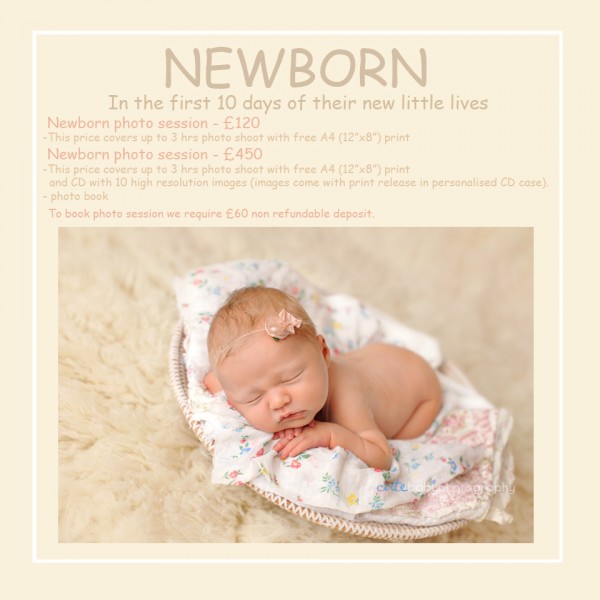
However, the authors of books see the parental role differently. And they differentiate the competencies of families and experts in different ways. In some books, parental experience is absolutized. Close contact with the child, intuition and parental love will help to find the right solution, they say. Other experts, on the contrary, insist on the need to "obey" specialists. Still others offer a compromise: the parent studies the opinion of experts, but makes the decision himself, taking into account the specific situation.
Experience plus intuition
- Ludmila Petranovskaya. "Secret support. Attachment in a child's life.
- Irina Mlodik. "A book for imperfect parents, or Life on a free topic."
- Boris and Lena Nikitin. "We and our children."
- William and Martha Sears. "Your baby from birth to two years."
Main parenting competencies: love for the baby and developing your own parenting style that is optimal for the family. The goal of professionalization: a happy childhood and parenthood.
The goal of professionalization: a happy childhood and parenthood.
Pros: benefits teach neophyte parents to believe in themselves, develop intuition.
Controversial moment: "dictation" of parental experience.
Presentation style: confidential story, dialogue with the reader on an equal footing.
Distinguishing marks: close emotional and physical contact with the child - for example, breastfeeding, carrying the child in a sling, co-sleeping.
The authors of such books are opponents of dogmas in regard to the upbringing and care of the child. The argument is simple: babies differ in their psychophysiological characteristics, and the situations in families are different. The home environment, the involvement of the child in household chores and maternal love, according to Boris and Lena Nikitin, are more important than expert advice.
The books are addressed primarily to young mothers. Behind them is recognized "biological", natural knowledge about children. “Surprisingly, by nature itself, a young mother has already been given enough knowledge, skills, wisdom, love to take care of her baby,” writes Irina Mlodik. Close contact with the child increases this knowledge, develops parental intuition: the mother feels her baby better.
Behind them is recognized "biological", natural knowledge about children. “Surprisingly, by nature itself, a young mother has already been given enough knowledge, skills, wisdom, love to take care of her baby,” writes Irina Mlodik. Close contact with the child increases this knowledge, develops parental intuition: the mother feels her baby better.
Expert opinion
- Lyubov Pavlova. "A Practical Encyclopedia of Early Development: Years to Three".
- Mikhail Fedotov. Encyclopedia of early child development. First year of life.
- Georgy Bolotovsky, Alexander Tsaregorodtsev. "Three Major Years: A Book for Parents".
- Ludmila Sokolova, Nadezhda Andreeva. "This amazing baby."
- Valentina Alexandrova. "Encyclopedia of the Young Mother".
- Sergei Zaitsev. "A book for young mothers".
Key parental competencies: competent care of the child, training in proper care. The purpose of professionalization: the health and comfort of children.
Pros: Parents receive the most important knowledge about caring for a baby. Information is given on indicators of child development, and the range of recommendations is quite wide: from hygiene to dietetics.
Disputable moment: absolutization of medical knowledge, parental experience is taken out of brackets.
Presentation style: monologue guide. The authors of the books “offer an objective picture of the development of the child, thereby claiming the absolute truth of speaking about parenthood and childhood,” Chernova and Shpakovskaya explain.
Special features: Evaluation of all changes in the child in terms of health/illness.
Young parents, according to the authors of these books, are incompetent in matters of care. They need professional advice. After all, already from the first days of life, the child needs to create the right conditions, establish a competent (in terms of hygiene and health) life.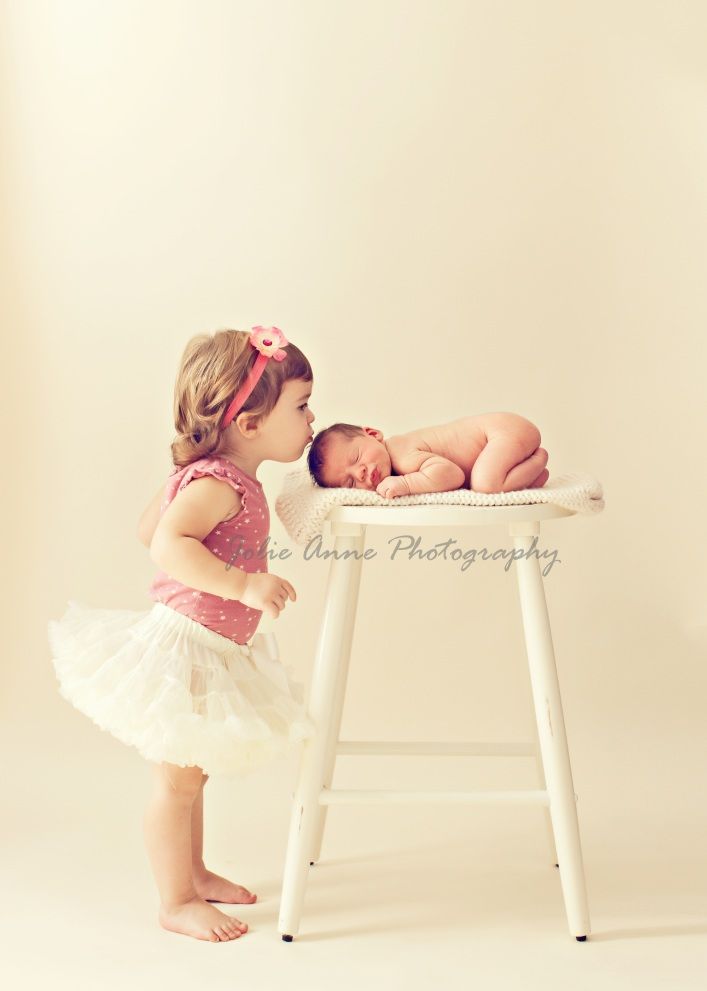
That is why the information in such books is extremely specific. So, the guide of pediatricians Georgy Bolotovsky and Alexander Tsaregorodtsev begins with the words: “To care for a newborn, you need cotton swabs and cotton swabs, gauze wipes, baby cream, powder, baby oil, two pipettes ...”. It is necessary to constantly monitor the physical condition of the child and, in case of any doubt, consult a doctor, the authors of the books are convinced.
Common sense based on knowledge
- Mikhail and Nadezhda Telepov. “Education of parents. Questions for reflection.
- Evgeny Komarovsky. The health of the child and the common sense of his relatives.
- Benjamin Spock. "Child and Care".
- Elena Pervushina. Handbook for a young mother. Educational activities for kids.
- Ekaterina Murashova. "Your obscure child. Psychological prescriptions for parents.
Core parenting competencies: love for the child and the ability to think critically - adapt expert prescriptions to the person and situation. The purpose of professionalization: the health of the child, psychological comfort for the whole family.
The purpose of professionalization: the health of the child, psychological comfort for the whole family.
Pros: balanced position. Parents are given a guide - medical information. At the same time, it is recognized that mothers and fathers must make independent decisions, taking into account all specific circumstances.
Controversial point: the need for a critical attitude of parents to very different information - both to ordinary stereotypes (which is quite understandable), and to the advice of experienced doctors.
Presentation style: instructions and imperatives alternate with confidence.
Special features: abundance of cases from practice.
Bookmakers give parents the freedom to decide. “The author does not aim to strictly regulate the actions of mom or dad,” writes Dr. Komarovsky. After all, sometimes expert advice is hard to put into practice. Then the common sense of parents helps, their ability to navigate the situation.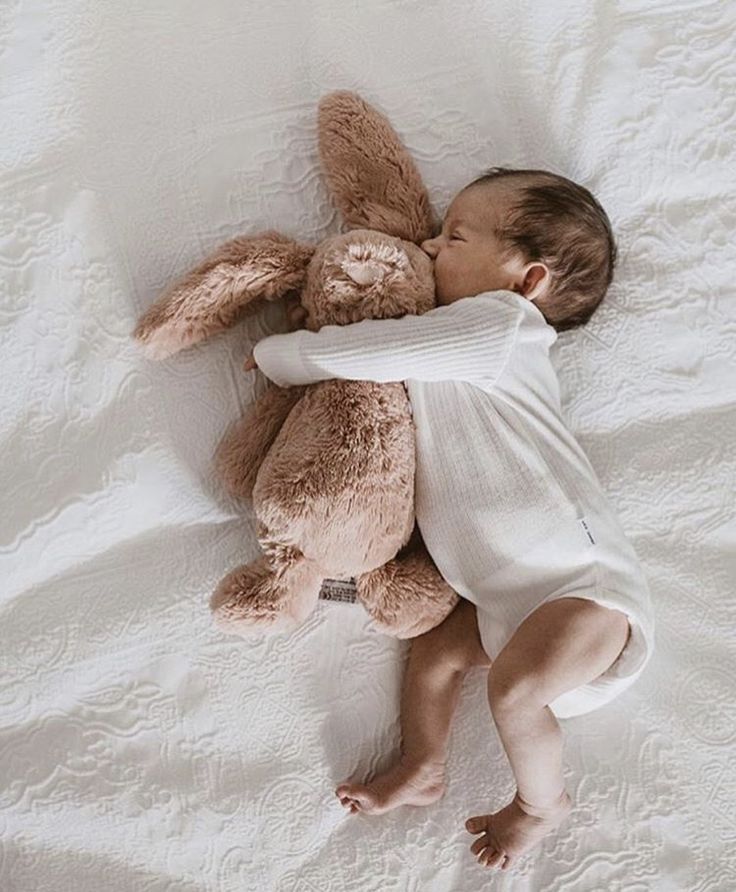 This approach strengthens the position of parents when dealing with professionals, Zhanna Chernova and Larisa Shpakovskaya are convinced. "It allows mothers and fathers to be more autonomous in their choice of parenting model" and helps shape individual parenting style, the researchers conclude.
This approach strengthens the position of parents when dealing with professionals, Zhanna Chernova and Larisa Shpakovskaya are convinced. "It allows mothers and fathers to be more autonomous in their choice of parenting model" and helps shape individual parenting style, the researchers conclude.
*Under three years of age selected in the study because babies need intensive parental care. On the other hand, during this period, parents are very actively involved in the course of things.
**Literature in the selection was published in 2000-2014.
See also:
Why grandmothers are replaced by nannies
Parents are actively engaged in self-education
Parenthood becomes a profession
Why children do not go to clubs and classes
Lyricist: Sobolevskaya Olga Vadimovna, February 10, 2017
All materials of the author
Literature children bookshelf
Top 10 parenting books on parenting
- Forbes Life
- Ekaterina Aleeva Editorial Forbes
This selection contains the best books on raising children from Russian and foreign authors - psychologists and parents. Useful tips and advice, answers to the numerous questions that every young family faces with the birth of a child
Lyudmila Petranovskaya "Secret support"
Why read: to understand how modern parents bring up children.
Finished reading here
This is probably one of the main books for parents in the first years of a child's life, and the name of Lyudmila Petranovskaya is known even to those who are very far from the world of children. Soviet educational attitudes are still quite strong in our society, so young parents often hear “do not pick up, the child will get used to hands”, “cry and stop”, “do not follow his lead”. Psychologist Lyudmila Petranovskaya explains in detail why the presence in the life of a child of a significant adult who will always come to the rescue, who can be trusted, who will regret and take it in his arms is the key to a happy not only childhood, but all life. If you have ever heard the term "attachment theory" - you know, that's all it is.
Soviet educational attitudes are still quite strong in our society, so young parents often hear “do not pick up, the child will get used to hands”, “cry and stop”, “do not follow his lead”. Psychologist Lyudmila Petranovskaya explains in detail why the presence in the life of a child of a significant adult who will always come to the rescue, who can be trusted, who will regret and take it in his arms is the key to a happy not only childhood, but all life. If you have ever heard the term "attachment theory" - you know, that's all it is.
Julia Gippenreiter “Communicate with a child. How?"
Why read: to reduce the number of conflicts not only with the child, but also with the partner, and at the same time with everyone around.
Finished reading here
Perennial best-selling parenting and psychology book for parents of older children.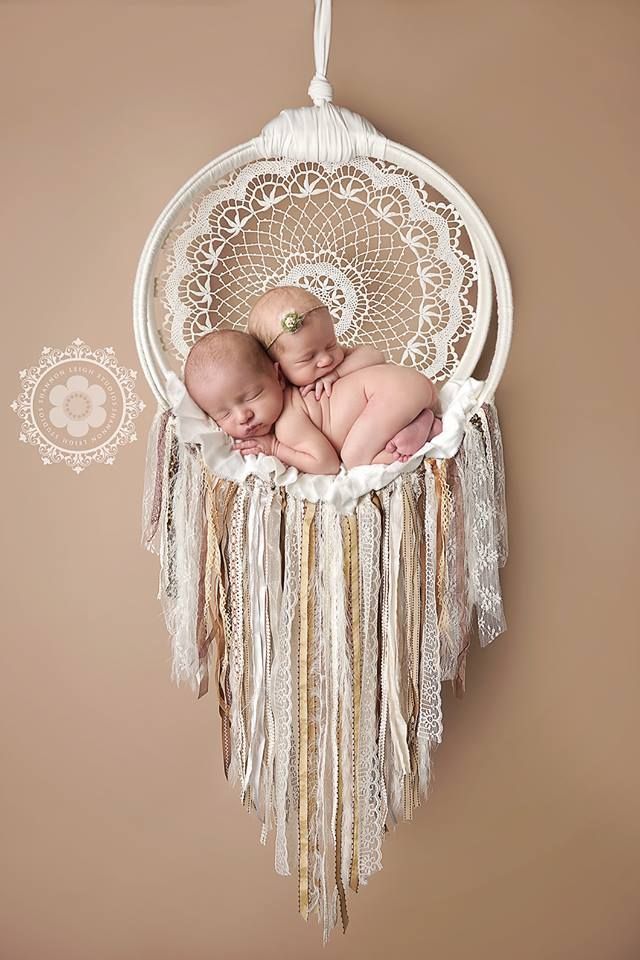 Julia Gippenreiter can be safely called the Russian guru of education, although her books are useful not only for young parents. In them, she first of all talks about how important it is to hear each other, not to devalue the emotions and thoughts of the interlocutor. It is from her books that you can learn what “I-message” and “active listening” are, why it is important to go down to the level of the child’s eyes for a confidential conversation with him and learn a lot of other knowledge that will help raise children without screaming and aggression.
Julia Gippenreiter can be safely called the Russian guru of education, although her books are useful not only for young parents. In them, she first of all talks about how important it is to hear each other, not to devalue the emotions and thoughts of the interlocutor. It is from her books that you can learn what “I-message” and “active listening” are, why it is important to go down to the level of the child’s eyes for a confidential conversation with him and learn a lot of other knowledge that will help raise children without screaming and aggression.
In the second part “Communicate with a child. How?" Gippenreiter cites a real and personal story - she publishes letters that she wrote to her grandson Fedor, a fairly typical troubled teenager. Here, step by step, you can see how she applies her own methods to communicate with him.
Adele Faber and Elaine Mazlish How to talk so kids will listen and how to listen so kids will talk
Why read: to know how to behave with a child in a particular case.
Finished reading here
The book of these educational psychologists is often contrasted with the works of Julia Gippenreiter as an example of a different approach to writing. Adele Faber and Elaine Mazlish have worked together for decades and are both mothers of three. Now, unfortunately, only Adele Faber is left alive, she is 94 years old. Books by American psychologists are more like clear instructions on how to behave in specific situations, they have less theory and lyrics, but in general the ideas are similar: listen carefully to children, give them more independence, accept their feelings. It cannot be said that someone's book is better, probably, the difference in the American and Russian approaches affects.
Maria Montessori “Children are different. A unique method of early development»
Why read: to give the child independence.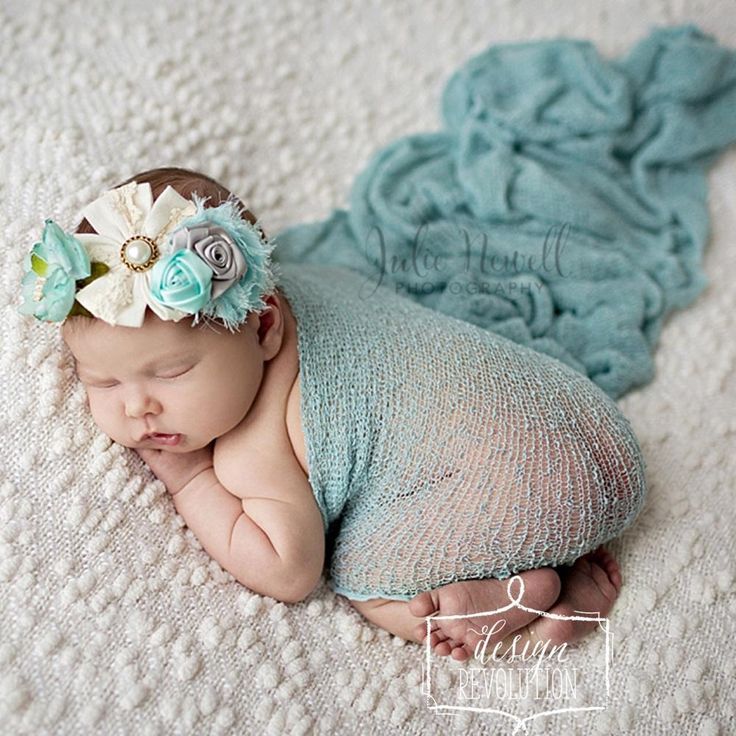
Finished reading here
The Italian educator died before most of the other authors on this list were born. At the same time, her method turned out to be the only one that has stood the test of time and remains popular more than a hundred years after the birth of Maria Montessori (for example, Masaru Ibuki’s popular book “After Three is Too Late” is not on this list, but his ideas have been criticized for a long time and a lot, and indeed the very concept of forced "early development" ceased to find support among specialists). It is up to the reader to decide how much it is worth following all the advice, but many of the teacher's ideas have already firmly entered our lives. For example, creating an accessible environment for a child, where he can easily reach for a toy and take what he wants, seems to be a simple idea, but Maria Montessori made it popular. The same can be said about toys made from natural materials, rattles made from beans and an empty bottle, and a focus on developing fine motor skills in general.
Evgeny Komarovsky "The health of the child and the common sense of his relatives"
Why read: to stop being afraid of drafts and other things that grandmother warned about.
Finished reading here
In a country where children still wear a hat at +25℃, pediatrician and tireless preacher of common sense Evgeny Komarovsky is a deservedly popular author. His book was first published in the early 2000s and has since consistently made it to the top of all lists of the most important books about children. Written in an ironic, sometimes even harsh manner, it simply and clearly tells young parents how many degrees should be in a newborn's room, why you shouldn't force him to eat, treat snot, be afraid of the word rickets, and much more. For 20 years, a sufficient number of doctors have appeared in Runet who popularize evidence-based medicine and save children from healing, but it was Evgeny Komarovsky who was the first.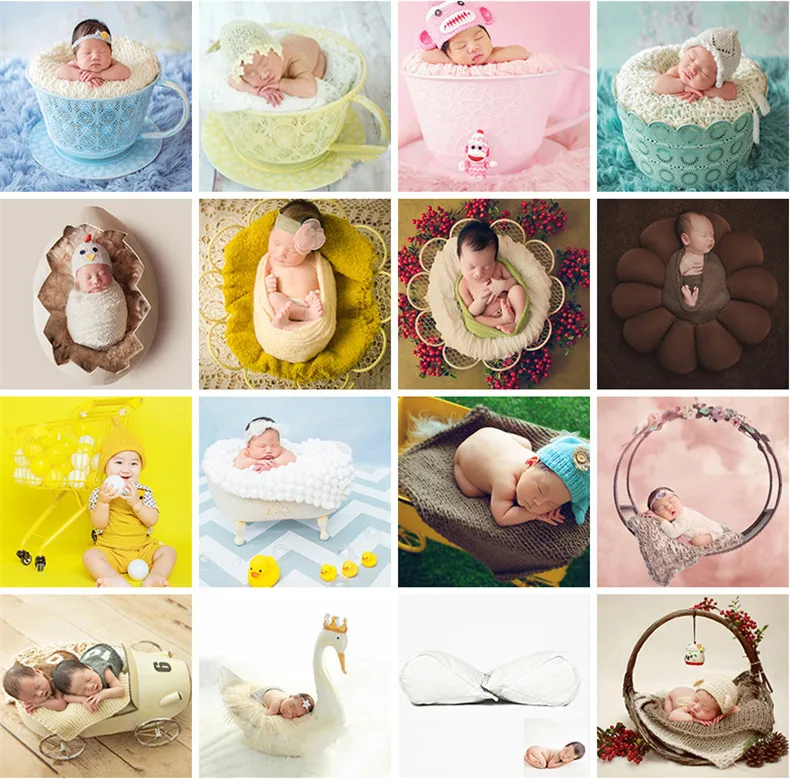 The pediatrician also has his own website, where he answers questions, publishes fragments of books, as well as releases of his own program on children's health.
The pediatrician also has his own website, where he answers questions, publishes fragments of books, as well as releases of his own program on children's health.
Fedor Katasonov "Fediatry"
Why read: to know what modern pediatrics is based on.
Finished reading here
If Komarovsky's writing style seems redundant to you and you are looking for a single medical book for your children's library, this is a good choice. The popular pediatrician Fyodor Katasonov wrote a comprehensive book about the first years of a child’s life, in which he touched on all the questions that concern parents: what affects the body during pregnancy, what vaccinations should be done (spoiler: everything that will be offered in the city clinic, and even more), how find the right pediatrician and at what point in general you need to call a doctor.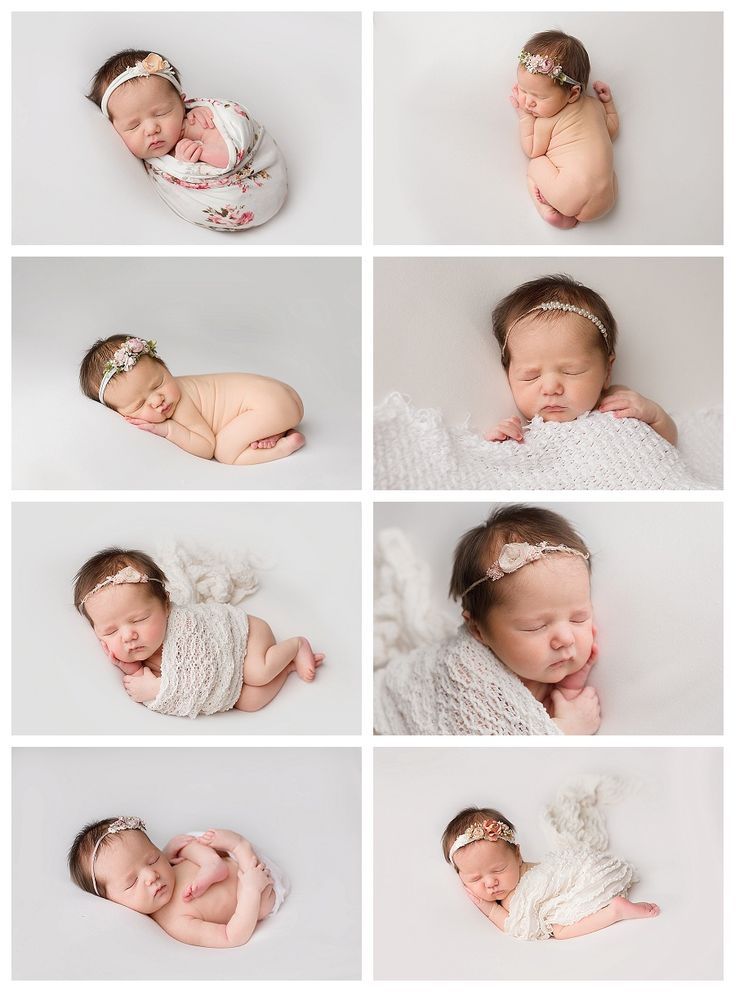 The idea that this should not be done in most cases is revolutionary for Russia, but Katasonov’s arguments are very convincing, and the current situation with the coronavirus, when the healthcare system is overloaded and people are increasingly using telemedicine, proves him right. Also at the end of the book there is a list of literature that Katasonov recommends reading to all parents.
The idea that this should not be done in most cases is revolutionary for Russia, but Katasonov’s arguments are very convincing, and the current situation with the coronavirus, when the healthcare system is overloaded and people are increasingly using telemedicine, proves him right. Also at the end of the book there is a list of literature that Katasonov recommends reading to all parents.
John Medina Rules for the Development of Your Child's Brain
Why read: to know when it is really worth turning on Mozart for a child.
Finished reading here
Evolutionary molecular biologist and former consultant to the US Board of Education and Labor John Medina does not position himself as an expert in education. His book is about how scientific knowledge about the brain can help reveal what is needed for the proper development of a child.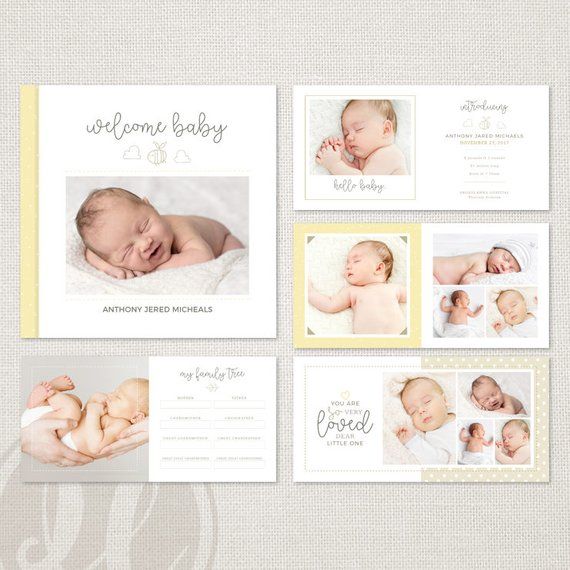 Medina relies on scientific evidence, and it all aligns with what psychologists and parenting experts advise. For example, he explains why every mother needs time for herself and why parents put up in front of their child if they still quarreled. And in Medina's book there are many examples from life and stories about his experience as a father.
Medina relies on scientific evidence, and it all aligns with what psychologists and parenting experts advise. For example, he explains why every mother needs time for herself and why parents put up in front of their child if they still quarreled. And in Medina's book there are many examples from life and stories about his experience as a father.
Ross W. Green "Explosive Child"
Why read: to find an approach even to difficult children.
Finished reading here
If you did everything according to the books listed above, studied a sea of literature, and the child still refuses to clean up the room and screams in response to a request to get dressed, then perhaps it's not about you. Ross Green has taught for many years in the Department of Psychiatry at Harvard Medical School, and in his book (which, by the way, is also recommended by Fedor Katasonov in his list of additional readings), he talks about children with a certain - explosive - temperament, but it will be useful for all parents to read it.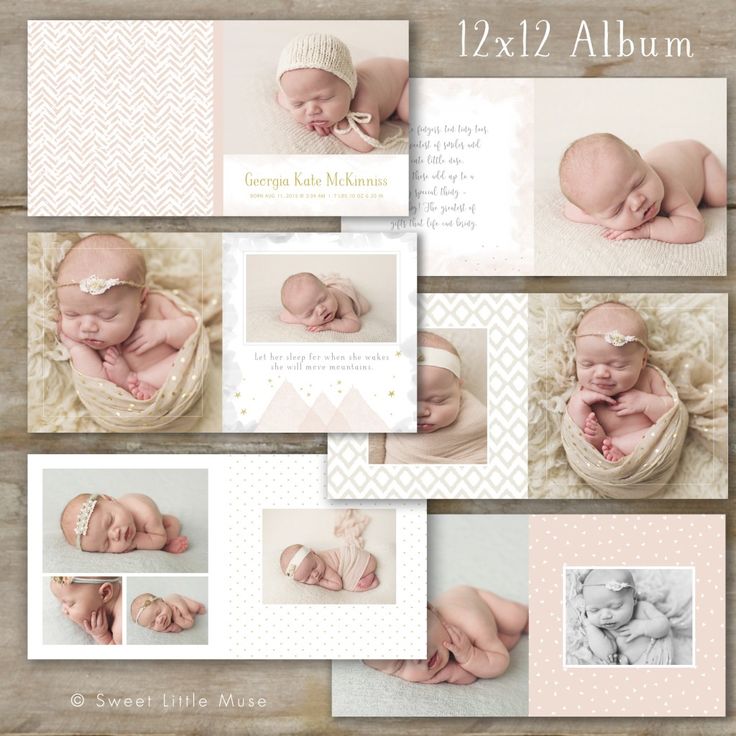 Its main message is: children behave well if they can. Green suggests that poorly developed skills in self-control and adaptability can be seen as difficulties in learning mathematics, for example. It doesn't come easily to everyone equally. Likewise, the ability to be flexible does not appear immediately and for some children requires more effort. It turns out that even for the most difficult child, it is realistic to create conditions when he will be able to conflict much less with parents and others. And this is the light at the end of the tunnel, which every mom and dad needs sometimes.
Its main message is: children behave well if they can. Green suggests that poorly developed skills in self-control and adaptability can be seen as difficulties in learning mathematics, for example. It doesn't come easily to everyone equally. Likewise, the ability to be flexible does not appear immediately and for some children requires more effort. It turns out that even for the most difficult child, it is realistic to create conditions when he will be able to conflict much less with parents and others. And this is the light at the end of the tunnel, which every mom and dad needs sometimes.
Dima Zitser "You can't educate love"
Why read: to learn to respect children (and other adults as well).
Finished reading here
Dima Zitser, Doctor of Education, has a huge number of fans.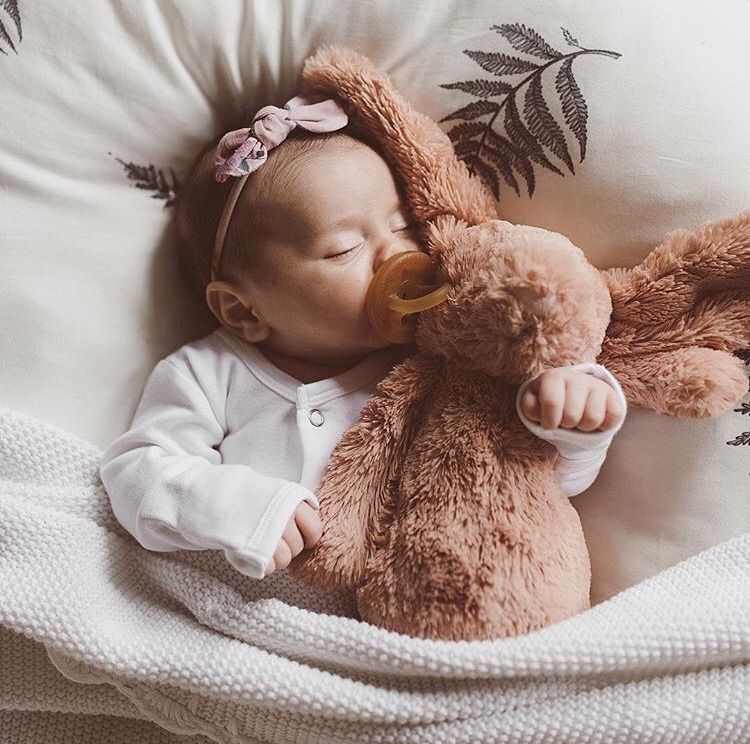 But he has no less opponents. To accept the point of view that a teenager and any child in general is a separate person who always deserves respect is difficult for many in our country. In fact, any book by Zitzer can be recommended, but in this collection, firstly, his positions (often very interesting) on a wide range of issues are well revealed, and secondly, the book talks with parents about things that are relevant here and now. These are not abstract discussions about education, but quite specific problems that families have to solve in the 21st century.
But he has no less opponents. To accept the point of view that a teenager and any child in general is a separate person who always deserves respect is difficult for many in our country. In fact, any book by Zitzer can be recommended, but in this collection, firstly, his positions (often very interesting) on a wide range of issues are well revealed, and secondly, the book talks with parents about things that are relevant here and now. These are not abstract discussions about education, but quite specific problems that families have to solve in the 21st century.
Natalya Remish “Just about the important. About Mira and Gosh"
Why read: so that your family can talk.
Finished reading here
Talking to boys and girls like 6-year-old Mira and 10-year-old Gosha can be difficult.